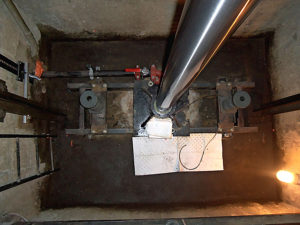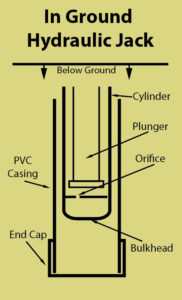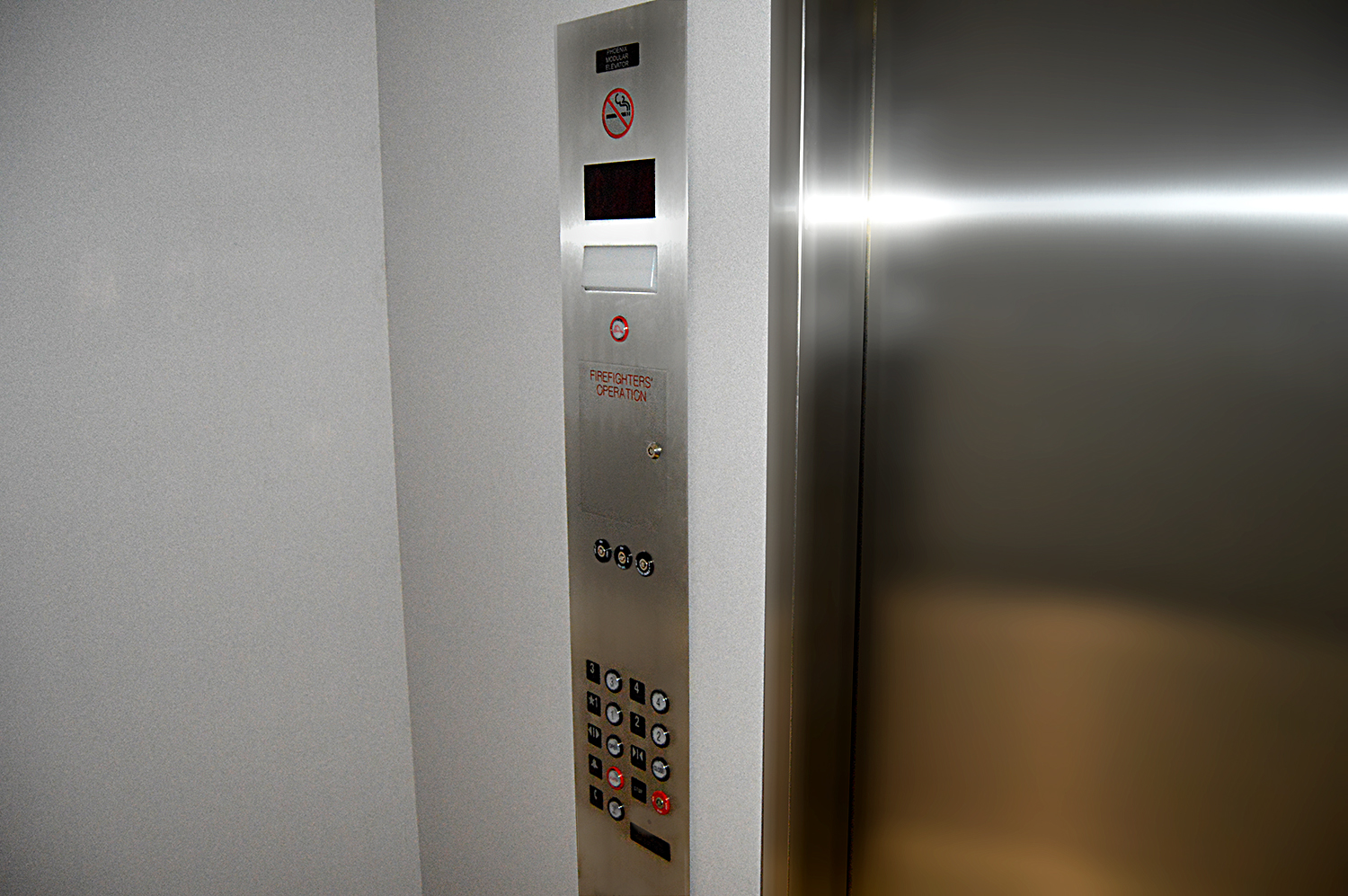Work Force Crunch
April 17, 2018Tips Elevator Modernization
April 20, 2018Hydraulic Elevator Rumors – Don’t Believe What You Hear

Hydraulic Elevator Rumors – Rumors are not relegated to the far reaches of society or the hoi polloi. They can encompass the middle and upper classes, sometimes making the chatter even more believable. This idle talk can be about subjects as innocuous as elevators. One of the fabricated tales often heard by those in the periphery of the elevator industry is that hydraulic elevators are bad for the environment. This old canard is based on out-of-date technology and just plain old poor information, but yet the rumor still survives. Just like JFK assassination theories, stories of aliens visiting with Donald Trump in the White House, and Hitler living in Brazil with Elvis, the persistent fable rears its ugly head all too consistently. The truth of the matter is that modern hydraulic elevators pose no real threat to the environment and to say otherwise is a prevarication of the worst order.
[vc_button label=”Free Quick Quote” target=”_self” size=”small” style=”light” url=”https://phoenixmodularelevator.com/free-quick-quote/”]
There is No Threat
However, true anti-hydraulicists often echo this line as if from the mouths of angels:
The elevator will cause the groundwater to be infiltrated by the poisonous oils that make the elevator go up and down. These contaminants will travel through underground aquifers to the local lakes, streams, creeks, and rivers, thus choking off fish and other wildlife and harming children that swim in them.
In reality, the facts about hydraulic elevators tell a much different story:
[ezcol_1quarter]
[/ezcol_1quarter] [ezcol_3quarter_end]Hydraulic elevators go up because hydraulic fluid pushes a piston or plunger inside a jack up by a motor and pump in a tank. This causes the elevator to rise when you push a button. That much is true. It is also true that the jack can be in the ground. What the fear-monger fails to mention is that now elevator jacks are all encased in heavy PVC piping that catches any leaks. No fluid will reach the ground, the groundwater, or the rivers and streams. Because the jacks are not in dirt or groundwater and because the casing is plastic, they tend not to rust out at all, giving decades of reliable service.
Yes, but what if the the jack breaks, then the PVC fails? What then?
Well, believe it or not, hydraulic fluid has changed over the decades, and when a new hydraulic elevator is installed or the oil is changed, a biodegradable oil can be part of the package. For instance, AgriTech produces soy-based hydraulic elevator fluids that are designed specifically for use in elevator hydraulic systems for pressurized fluid. This oil is anti-wear, non-corrosive, and high performance. But just as importantly, this oil is truly green and renewable.
Let Me Count the Ways
Another reason that hydraulic elevators are safe is that many hydraulic elevator jacks aren’t in the ground anymore. It is true that some jacks are still in ground. It is often the best option, depending on the travel distance of the elevator. But now for most operations between two and four stories, you will find two jacks that work in tandem to push the elevator to the desired height.[/ezcol_3quarter_end]These jacks are sitting on the bottom of a four-foot-deep, concrete elevator pit that is under every commercial elevator. The tops of these jacks are attached to a sling on both the sides of the elevator car. From there, even if there is a leak, it will never be more fluid than the pit can hold. If the sump pump tries to pump out the oil, many jurisdictions require an oil/water separator.
So you can see, the elevator industry has evolved, making the product safer for the elevator-traveling public and the environment. One hopes that once and for all, we can dispel the myth of the dangerous hydraulic elevator.
For more info here’s a link to our service page.
Or feel free to click the button below to find out how much a new elevator would be.



